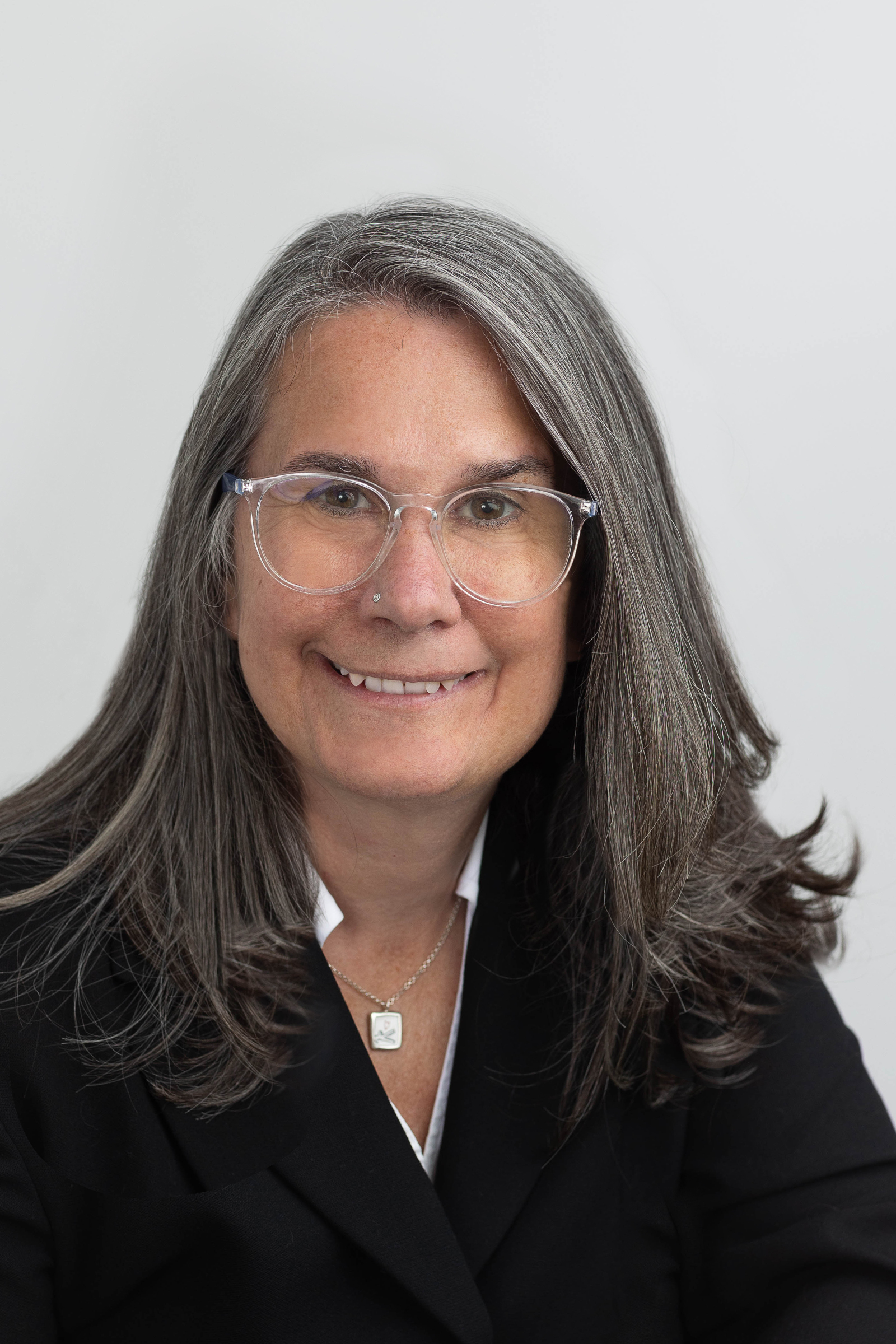Dear IIRP Community,
In a world of increasing polarization, our Graduate School explores the power of plurality. Many of the most pressing social issues span cultures, histories, communities, and disciplines. The interdisciplinary foundation of our Graduate School and the field of restorative practices have our students well positioned to make a positive impact in addressing these issues.
Leaders of public and private institutions learn and adapt to emerging “hard skills” for technical competence but may take for granted “soft skills,” which revolve around people’s personal, social, and methodological skills. Soft skills transcend profession to reference attributes such as our ability to manage time and our social ability to navigate workspaces and communicate effectively. Soft skills position us to lead and follow, supporting our career competence to make appropriate decisions that also make us happier outside of work.
Do not mistake soft skills as sentimental or optional. Soft skills influence career achievements; Stanford research studies attribute 75% of career achievement to soft skills, while Harvard research studies weigh them up to 80%1. They also play a part in defining our shared future: Will we choose to be more compassionate? More just? More inclusive? These are essential skills for our next generation of leaders.
To that end, I am pleased at the addition of our two new graduate certificate programs to our offerings. The Relational Facilitation for Healing Trauma and the Change Implementation in Organizations and Social Systems graduate certificates are designed for people who want to create positive social change inside and outside their organizations and workplaces.
Join us in learning restorative practices and apply these powerful theories and processes in your spheres of influence. Our restorative practices–based curriculum and these two new certificates provide students with the relational soft skills critical to supporting people navigating difficult situations and managing a diverse workforce. Beyond investing in self-regulation and navigating intergroup conflict, students will strategically collect, perceive, and discern different experiences and perspectives to effectively identify key issues, anticipate downstream consequences, and envision and evaluate new possibilities.
I invite you to study and practice with head, heart, and habit to embody the skills that will set you apart as an agent of change, as someone who treats people as individuals full of possibilities and not as problems to be managed.
Linda J. Kligman, Ph.D.
President
1Qizi, K. N. U. (2020). Soft skills development in higher education. Universal Journal of Education Research, 8(5), 1916–1925. https://doi.org/10.13189/ujer.2020.080528

